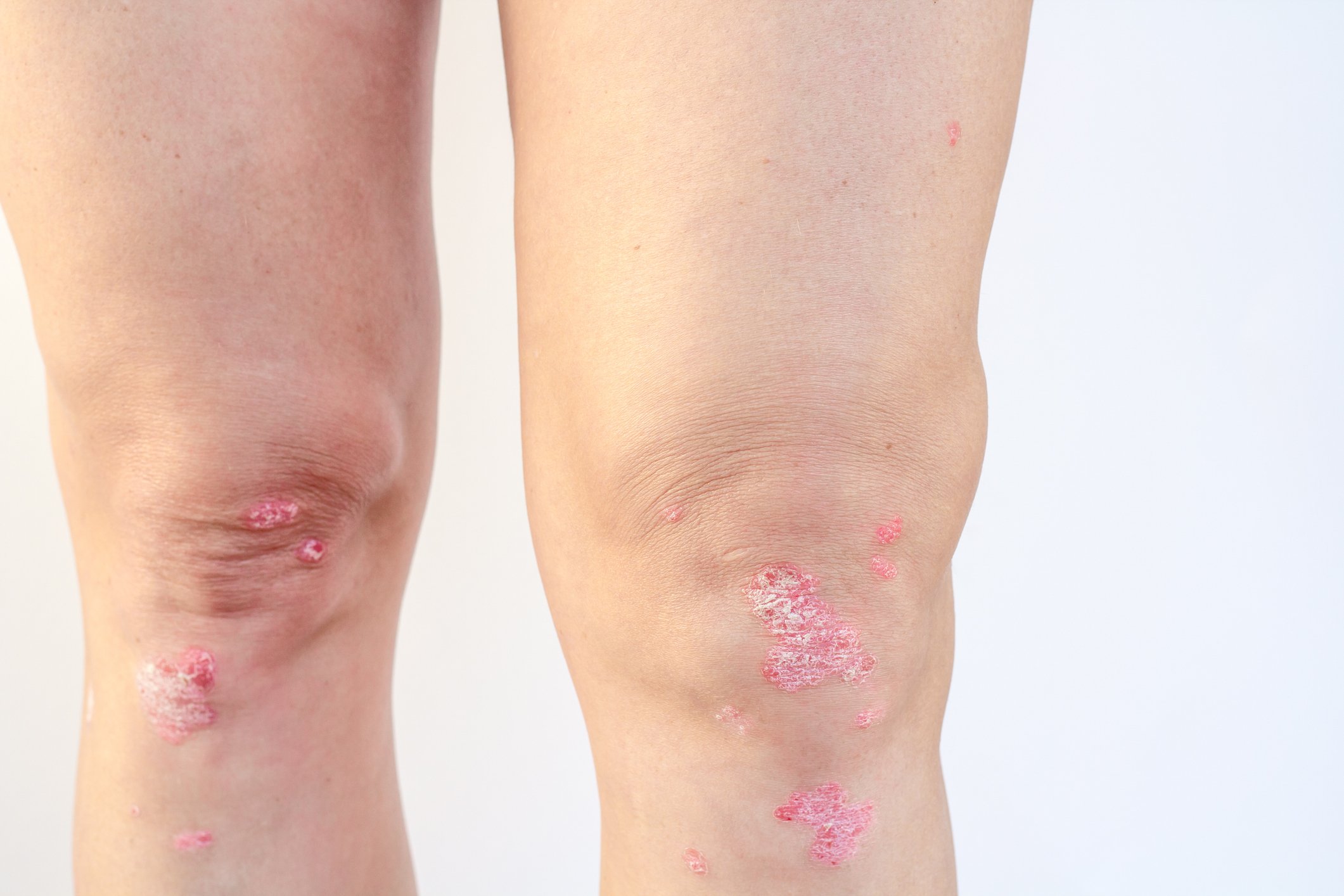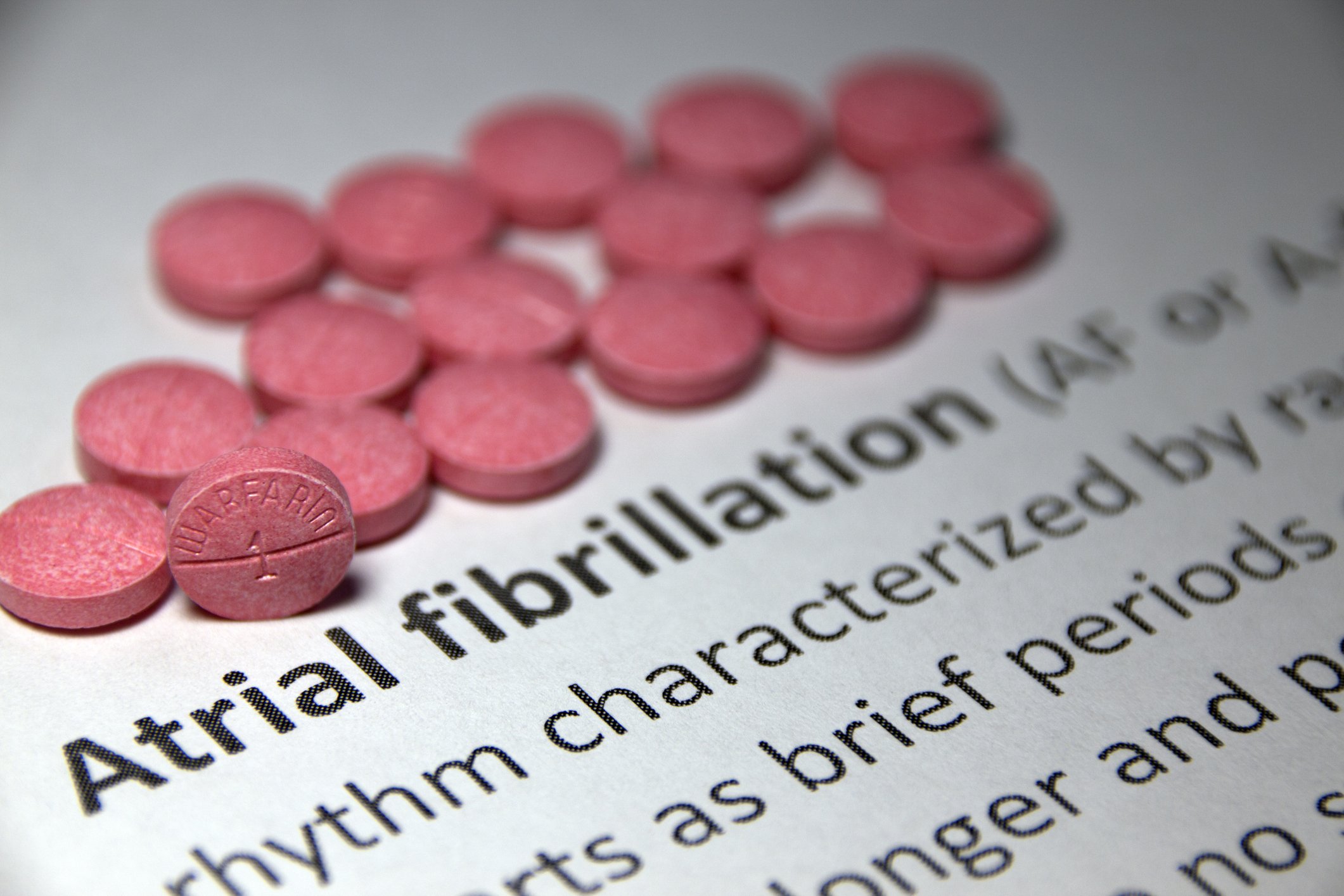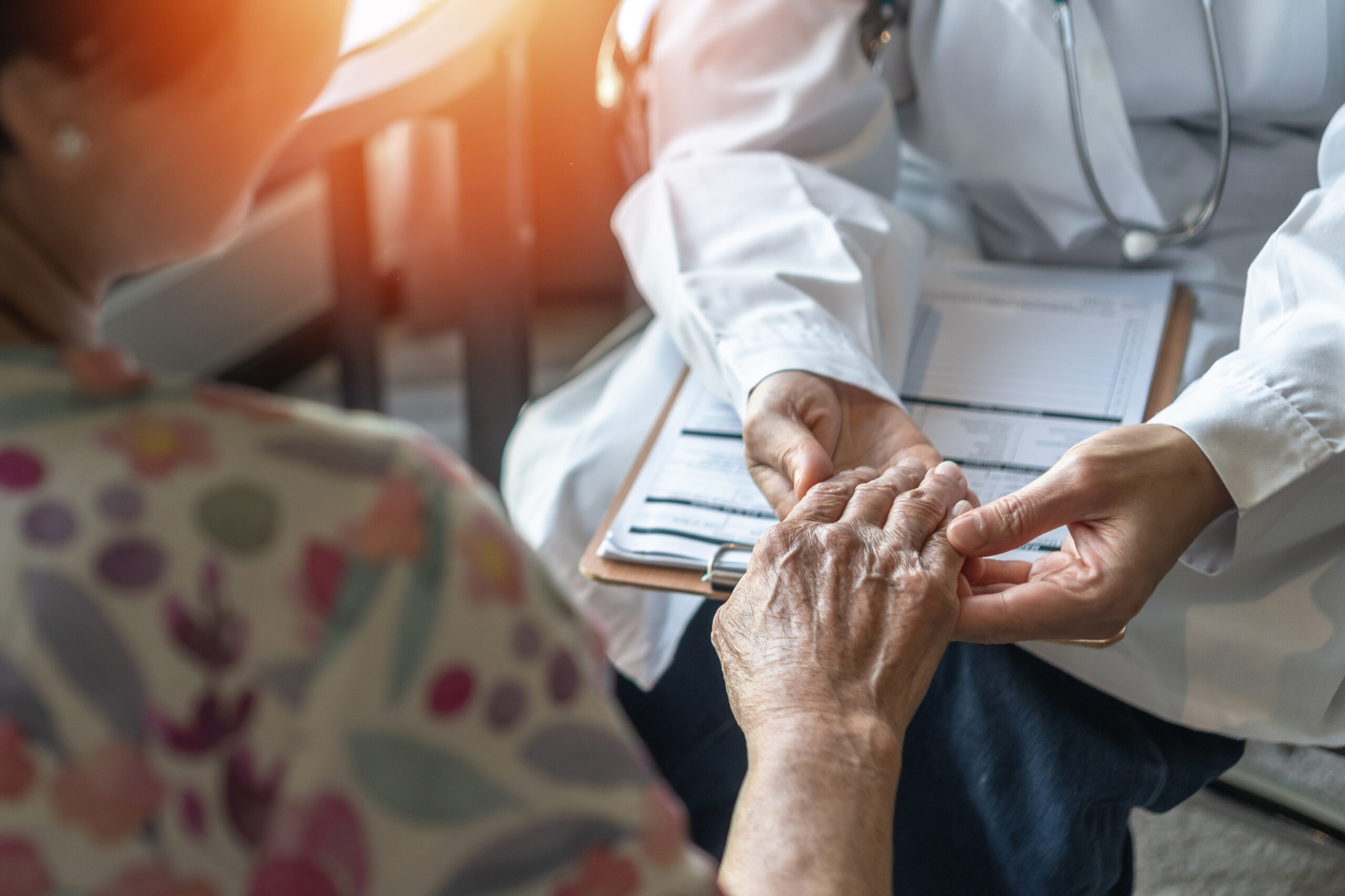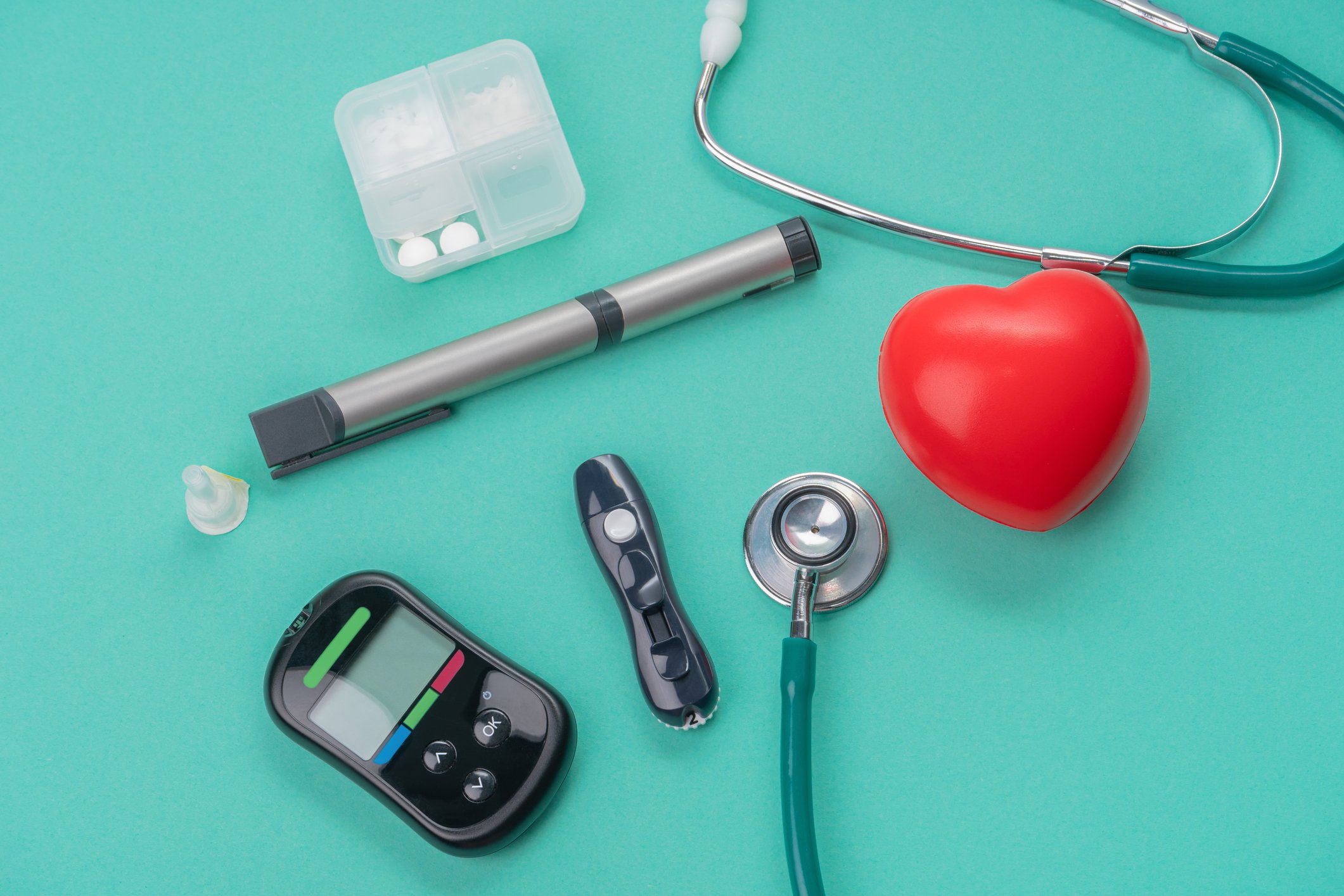A detailed work capability certificate benefits the patient. This allows measures for reintegration into the workplace to be addressed in good time.
Absences from work due to illness or accident represent a significant cost factor. Of course, it is important that affected employees with serious health problems do not return to work until recovery is complete and there is no longer a risk of infection following an infectious disease. When employees work even though they are ill or the illness has not yet been cured, this is referred to as “presenteeism”. This can have a negative effect in that the persons concerned are present at the company, but their performance may be greatly reduced and they may also perform poorer quality work. In addition, there is the risk that the disease is delayed in healing and other people are infected.
Certificate of incapacity for work
However, a great deal of work productivity is also lost if, due to blanket, undifferentiated certificates of incapacity for work, reintegration into work is carried out too late because there is no agreement between the doctor and the company, or if the incapacity for work does not take into account the fact that the employee could be employed despite health restrictions (possibly at a reduced workload or with appropriate company measures, e.g. a sheltered workstation). The result is absenteeism that could be avoided.
As an example, we will mention the case of a young commercial employee who suffered a broken leg due to a sports accident and therefore has to wear a plaster cast. Once the issue of travel to work is resolved (e.g., carpooling), this man can perform office work without problems, provided his workstation is designed so that he can sit comfortably and ergonomically despite his handicap (e.g., by allowing him to elevate his leg).
In addition, it should be noted that in certain cases, recovery can even be accelerated with early return to work under controlled conditions. This is the case, for example, after hand surgery, where it is important that the hand is moved regularly after the operation – albeit under reduced load (to be defined by the surgeon). Even in the case of certain mental illnesses, an early adjusted return to work can have a stabilizing effect and ensure the ability to work in the longer term.
What does the company need from the doctor?
In order to be able to act correctly in individual cases, the company needs medical information on the deployment options for a planned return to work. A detailed job reference is suitable for this purpose, such as those recommended by Swiss Insurance Medicine (SIM) or AEH. The relevant form can be downloaded from the SIM homepage (keyword “certificate of incapacity for work”), among other places.
By filling out such a detailed certificate (cost for the employer: CHF 65 ), the attending physician indicates which activities may not be performed in the case of reduced working capacity or which activities are permissible without endangering the employee in question. Any load reductions are precisely declared (e.g. handling of loads up to 10 kg from the floor or no handling of loads over 5 kg above shoulder height).
What does the doctor need from the company?
Of course, this is only possible if the physician is made aware of the operational requirements and possibilities by the employer. For this purpose, the company can use the “Job Description” form, which is also available on the SIM homepage, to specify special requirements/framework conditions, among other things.
Points to consider
The attending physician should consider the following points:
In the event of illness/accident with estimated absence of more than seven days: The attending physician should be able to expect proactive information from the company via the employee. In particular, this involves the delivery of a job requirement profile. Since an incapacity for work relates to a specific activity, the physician should obtain a simple description of the physical and mental stresses (activity profile) at the original workplace or at alternative workplaces, using the “Job Description” form mentioned above. Based on this description, the physician is enabled to make a correct assessment of the inability to work.
Work intensity and attendance: In the event of a prolonged incapacity to work, it is important to communicate to the company how the remaining working capacity can be used optimally. Can an employee perform 50% of the service or can (e.g. due to therapies) only 50% of the working time be performed? The physician should evaluate the two factors via the certificate of incapacity for work and differentiate according to the reasonable work intensity and attendance time. In addition, it should record any performance or functional limitations (e.g., no lifting of loads >10 kg).
Duration: A doctor’s certificate should indicate the duration of the inability to work or, if this cannot be estimated, the date of the next assessment.
Health Management
Reintegration after illness or accident is most successful if a health management system is installed in the company, in which the goals, responsibilities and processes are defined with regard to keeping employees healthy and promoting their health. This includes the complete recording of absences due to accidents or illness, as well as early supportive intervention in the event of recurring or longer-lasting health problems.
Companies are also increasingly affected by psychological problems among employees (e.g. depression, burn-out, anxiety disorders). In this context, even a detailed report is often not sufficient to be able to initiate the necessary measures in the company. In such cases, the attending physician can be assisted by company physicians or occupational health services operating outside the company. As in the case of other illnesses, occupational physicians can carry out clarifications in consultation with the attending physicians (if the affected employee has given his or her consent) in order to then propose appropriate remedial measures at the workplace and provide professional support for reintegration. After consultation with the company and if necessary, there is also the possibility of arranging coaching or case management.
Take-Home Messages
- In order to ensure an optimal reintegration process after an accident or illness, it is necessary to obtain an activity profile from the patient’s employer.
- A detailed certificate of fitness for work benefits the patient because it allows reintegration measures at the workplace to be addressed in a timely manner.
HAUSARZT PRAXIS 2017; 12(8): 39-40











